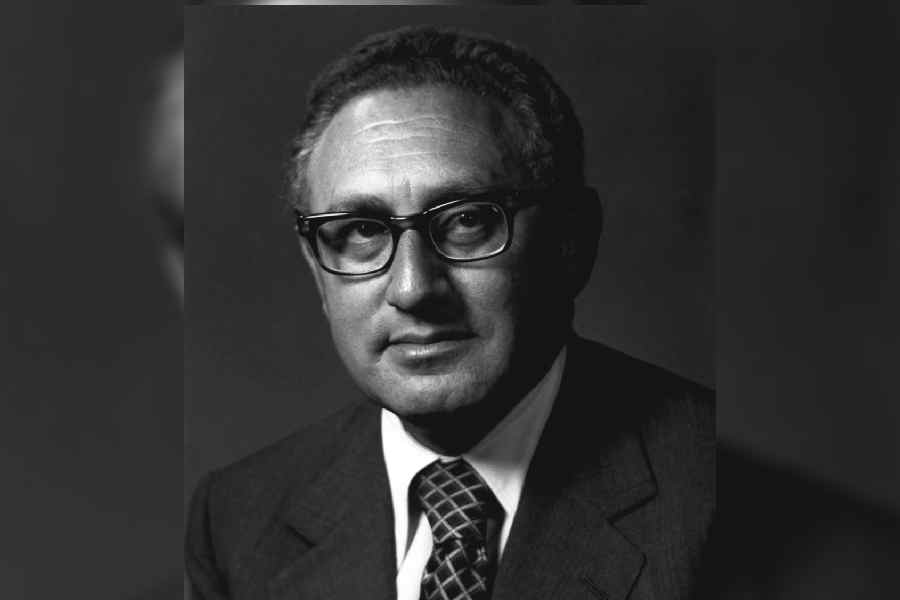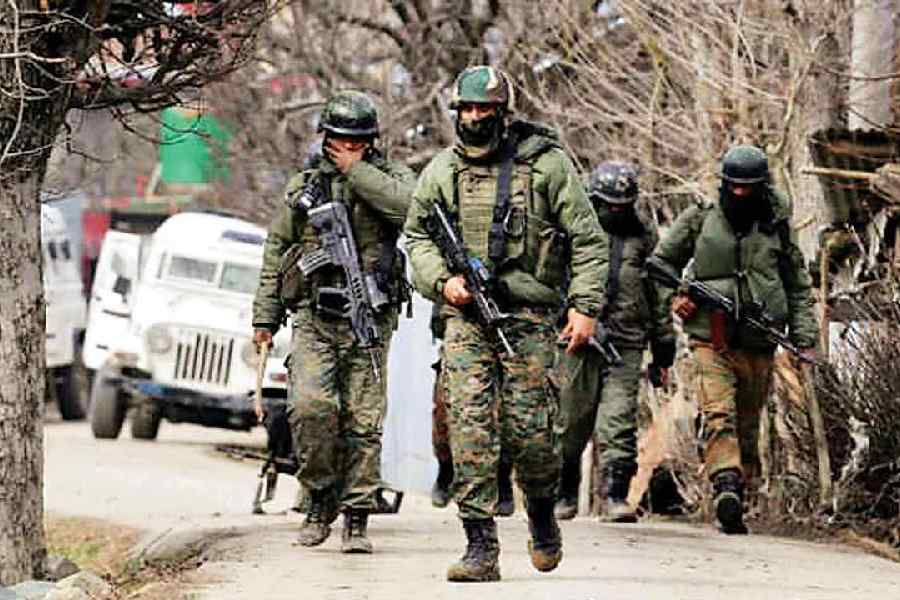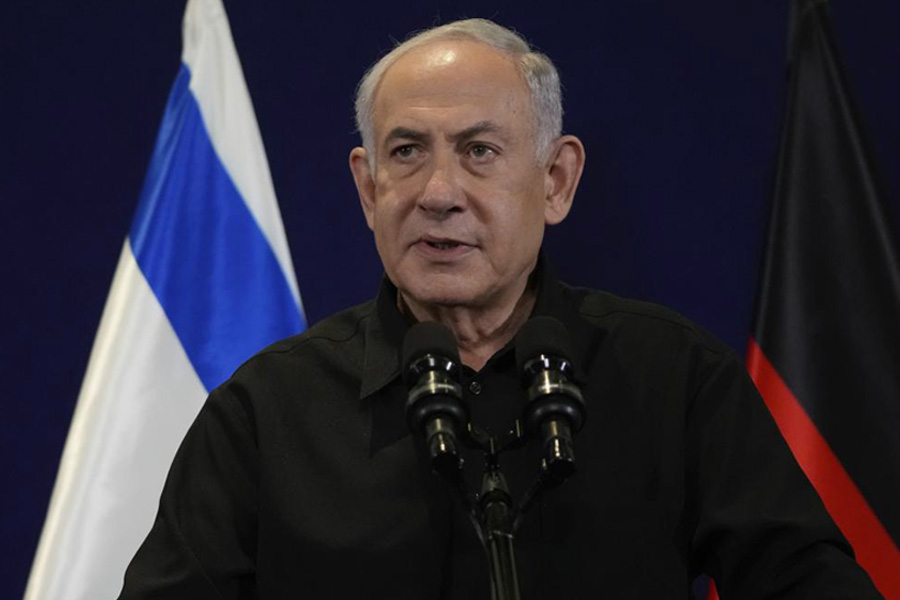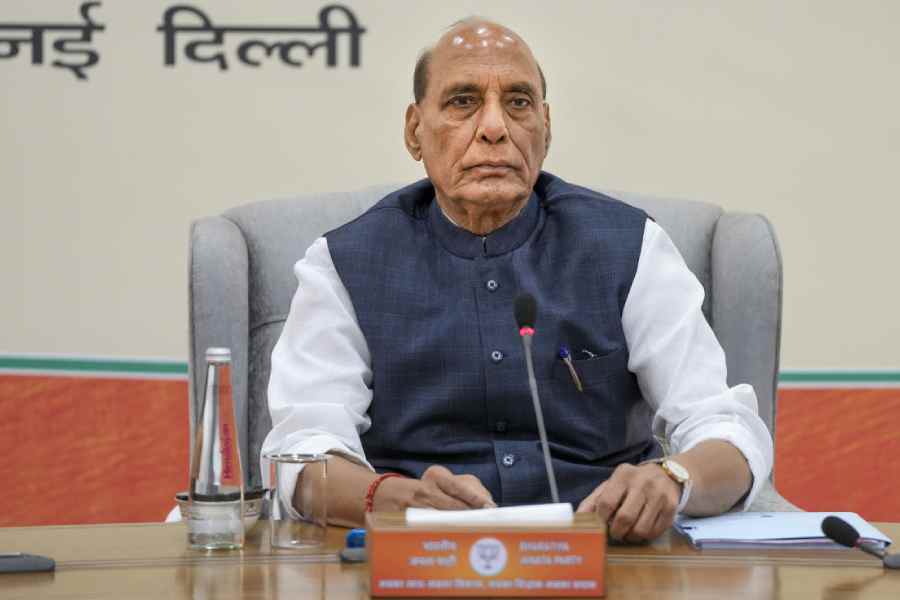Henry Alfred Kissinger passed away on Thursday aged 100. He took over as President Richard Nixon’s first National Security Adviser on January 20, 1969, and held the post till November 3, 1975, past Nixon’s resignation in August 1974. More uniquely, he also took over as secretary of state in September 1973, holding the post till the end of the Republican presidency in January 1977.
His equation with President Nixon enabled him to dominate foreign policy making even as the NSA, marginalising the secretaries of state. Multiple events stand out in this journey. While India wrestled with Pakistani repression and genocide in former East Pakistan in the early 1970s, Kissinger, egged on by Nixon, cynically ignored it to employ Pakistan as an intermediary to normalise US-China relations in 1972. The calculation was to exacerbate China’s differences with the Soviet Union while enabling Chinese economic liberalisation, hopefully, to lead to a more liberal and open China. That did not turn out as expected for the US, although Kissinger retained till the end special access and influence in Beijing. His detractors have alleged that Kissinger’s business links with China enriched him. He was seen as soft on China as the US turned around to contain an aggressive China.
This writer attended an intimate lunch in Kissinger’s honour hosted by The Telegraph founder Aveek Sarkar at the Maurya Sheraton in Delhi some years ago.
After getting Kissinger’s book, On China, autographed this writer asked Kissinger for his advice on how India should handle what he considered then a benign China. Kissinger surprisingly replied that he had not studied Sino-Indian relations enough to advise.
Kissinger’s other great contribution was to the Middle East Peace Process after the 1973 Yom Kippur war. Interestingly Kissinger kept away from the region until the war psychologically levelled the field between Egypt and Israel. His shuttle diplomacy laid the groundwork for an eventual peace deal in 1979 between these two nations.
India did not easily forget his abusive rants, alongside his boss Nixon, as the 1971 Indo-Pak war moved in India’s favour. Unknown to India, Pakistan used all its leverage, as an American bridge to China, including having the US move its aircraft carrier fleet into the Bay of Bengal to try to intimidate India. In recent decades, as the Indian economy grew and relations with the US expanded, Kissinger began paying attention to India. But his primary Asian entrepôt remained China.
Kissinger’s other claim to international statesmanship is his engaging and well-researched books that explore history, diplomacy and elements of peace and conflict.
The Nobel Prize for Peace was awarded to him in 1973 for ending the Vietnam War. That was the primary task assigned to him as the Nixon presidency began in 1969. However, a lot of Kissinger’s success as a diplomat depended on the political astuteness of President Nixon and the trust he placed in his first NSA. Ultimately the policy formulation rests with the US President.
It was a rare union of a cerebral president, despite his personal phobias and complexes, and a learned and shrewd adviser.
Kissinger had already announced another book. The sheer thought of a centurion retaining his mental acuteness is awe-inspiring. His books remain for many practitioners of diplomacy and students of international relations as reference manuals for ideas and cautionary tales.










